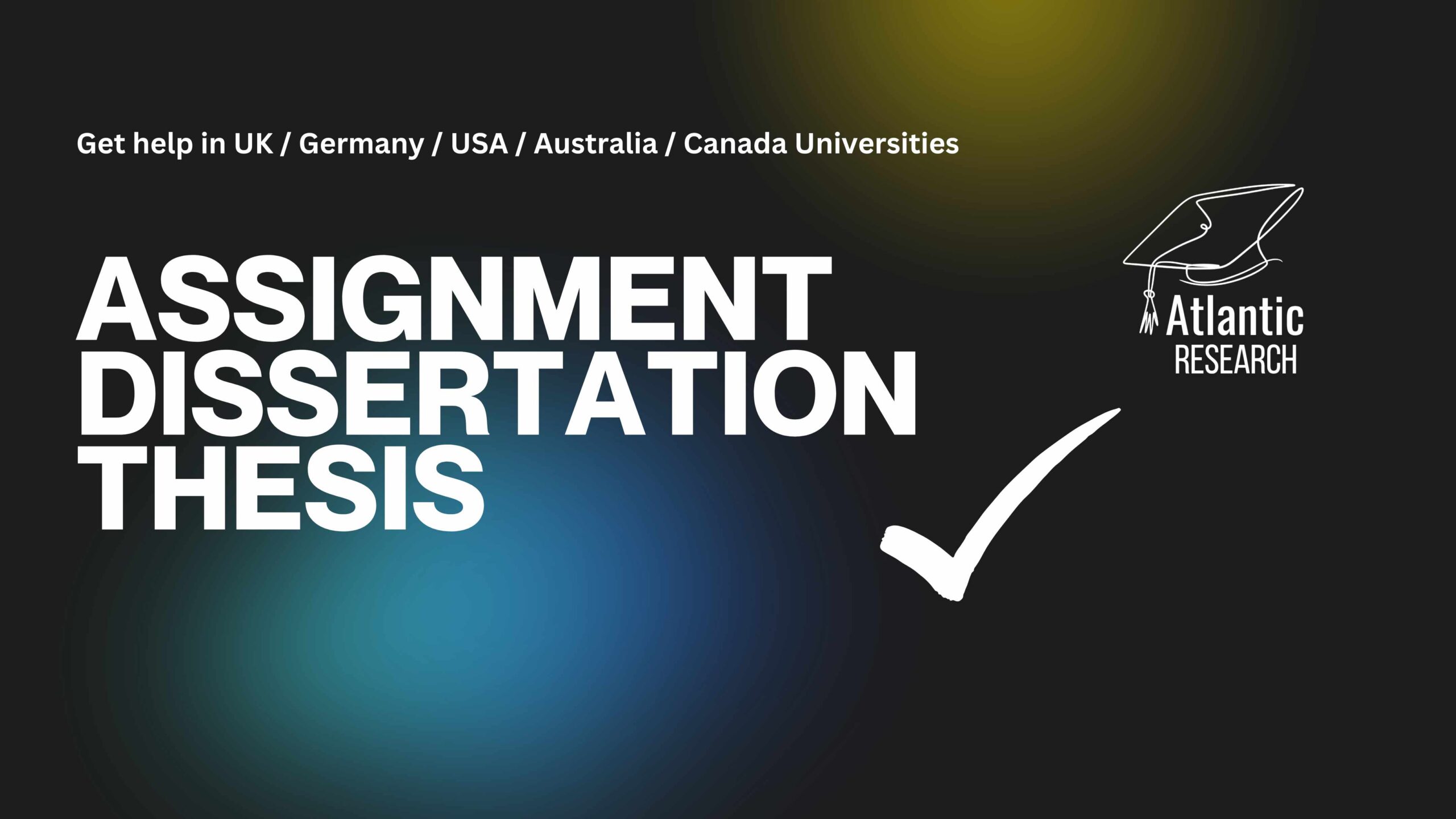The Significance of Proofreading in Academic Writing
Proofreading holds paramount importance in the realm of academic writing, spanning assignments, dissertations, and the pinnacle of scholarly work, the thesis. Here’s a detailed exploration of why proofreading is indispensable in each of these contexts:
1. Assignments:
- Error Elimination: In assignments, even minor errors in grammar, spelling, or punctuation can detract from the overall quality of your work. Proofreading ensures that these errors are identified and rectified, allowing your ideas to shine without being obscured by linguistic mistakes.
- Clarity and Coherence: Assignments should present a clear and coherent argument. Proofreading helps ensure that your ideas flow logically, with well-structured sentences and paragraphs that enhance the overall clarity of your work.
- Professionalism: Attention to detail, including proofreading, reflects professionalism and dedication. It demonstrates your commitment to producing high-quality academic work.
2. Dissertations:
- Scholarly Rigor: Dissertations are substantial academic endeavors that demand the highest level of scholarly rigor. Proofreading is essential to maintain the integrity of your research by eliminating errors that could undermine your findings.
- Consistency: Long and complex documents like dissertations benefit from proofreading to ensure consistency in formatting, citation style, and terminology throughout the work.
- Enhanced Readability: Proofreading contributes to the overall readability of your dissertation. Clarity in language and organization ensures that your research is accessible to readers, including your committee and peers.
3. Thesis:
- Culmination of Academic Journey: A thesis represents the culmination of years of research and study. Proofreading is the final step in ensuring that your thesis is a polished and refined piece of scholarship that showcases your expertise.
- Academic Integrity: Academic institutions hold the highest standards of integrity. Proofreading is essential to identify and rectify any instances of unintentional plagiarism, ensuring that your work is entirely original and adheres to ethical guidelines.
- Impression on Thesis Committee: Your thesis committee comprises experts in your field who will assess your work rigorously. A well-proofread thesis demonstrates your commitment to excellence and positively influences the impression you make on your committee.
In essence, proofreading is the bridge that connects your ideas to your readers. It transforms your work into a polished, error-free, and academically sound piece of writing. Regardless of the academic level—be it an assignment, dissertation, or thesis—proofreading is a non-negotiable step in the journey toward academic success. It elevates the quality of your work, ensures clarity and professionalism, and upholds the standards of academic excellence.
